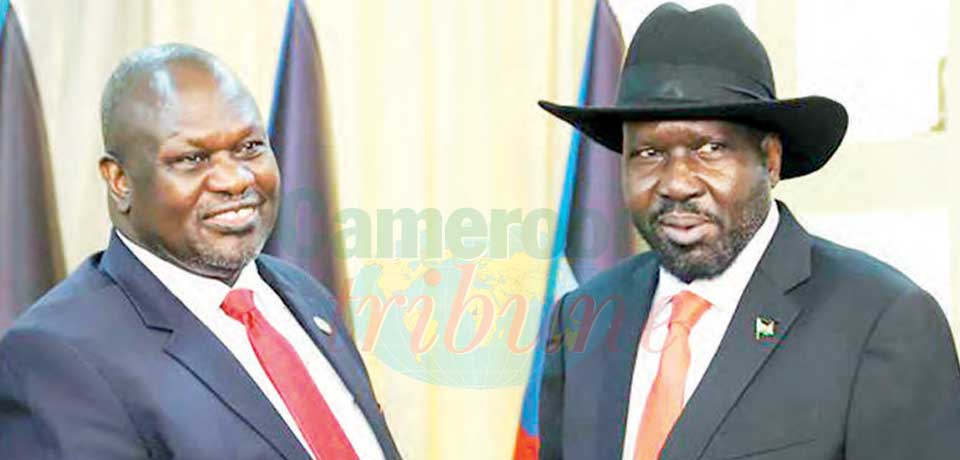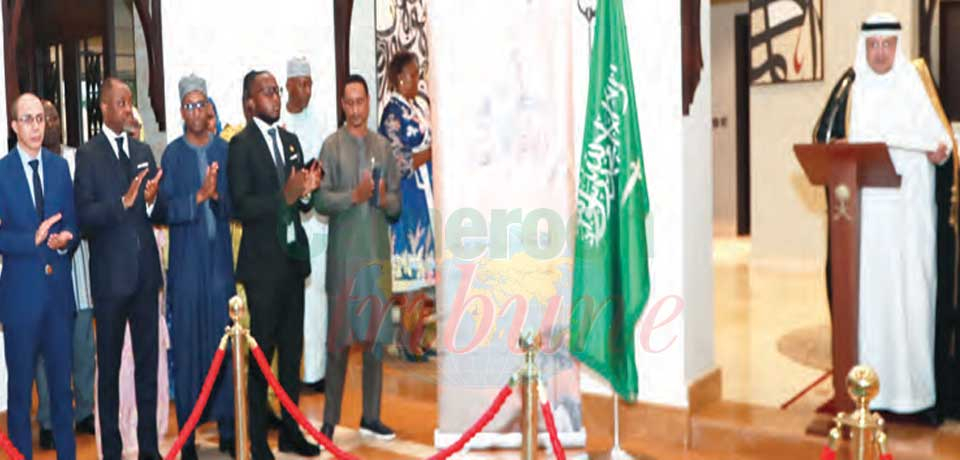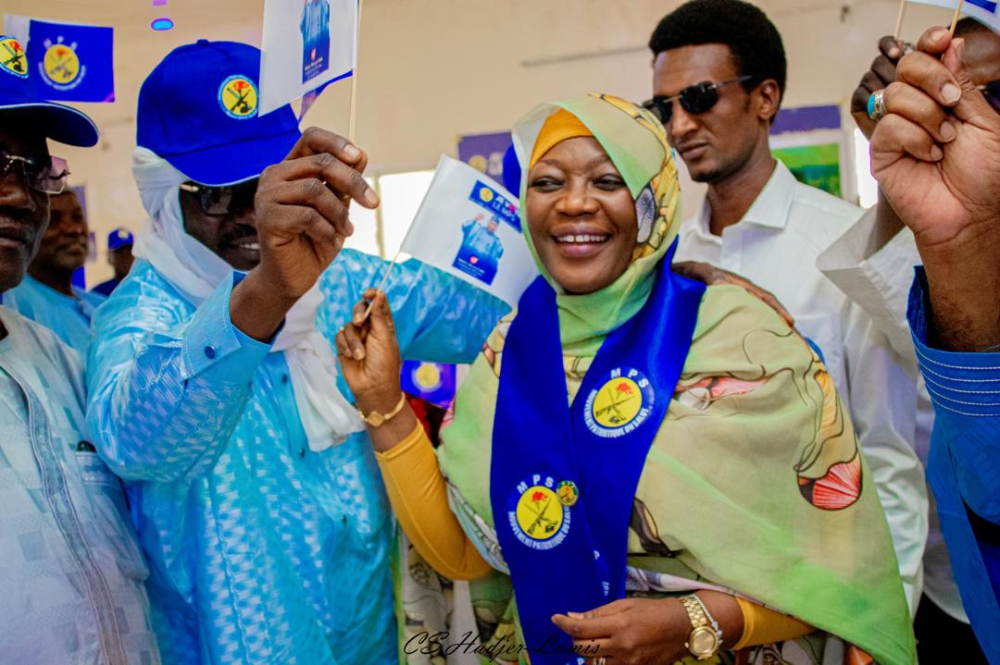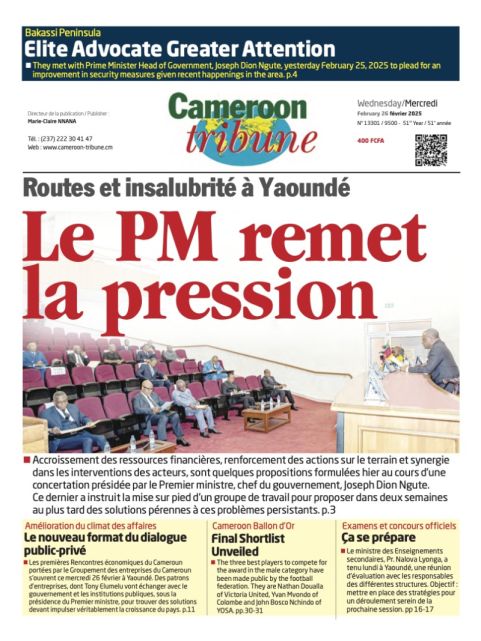South Sudan : What Is Blocking The 2018 Agreement?
- Par Eldickson Agbortogo
- 22 mars 2023 12:07
- 0 Likes

More than half a decade after the signing of the historic accord, the implementation of certain articles still remains farfetched.
When South Sudan’s President, Salva Kiir and his Vice-President Riek Machar did sign the Revitalized Agreement on the Resolution of the Conflict in the Republic of South Sudan (R-ARCSS) on 12 September 2018 in Addis Ababa, Ethiopia, to end the bitter fighting in the country, many stakeholders within and out of the country extolled and commended the move as a significant development signaling the dawn of peace. Six years after the signing, the process seems to be at a standstill with each party accusing the other of being at the root cause of the peace deal.
Déjà abonné ?
Identifiez-vous >
But from the look of things, several factors can be said to be behind the non-respect of the accord with the first of them being, the unwillingness of the parties implement what they agreed upon in good faith. More often than not, agreements are implemented partially, selectively and lackadaisically, for obvious political reasons. Another hurdle is the apparent lack of urgency, determination, political will and commitment in implementing even the easiest objectives of the deal. The deep-seated mistrust and suspicion between and among the parties to the agreement and antagonism given the prolonged rivalry that has manifested for years and the persistent intercommunal clashes between their respective followers across South Sudan. Hence, the lack of solid democratic institutions and the continued conflation of personal, ethnic and national interests, together with the inequitable distribution of resources in the country are among the reasons behind the blockage.
Though the implementation of transitional justice, reconciliation and national healing provisions of the R-ARCSS may be problematic, the establishment of the Commission for Truth, Reconciliation and Healing (CTRH), Hybrid Court for South Sudan (HCSS) and the
Cet article complet est réservé aux abonnés
Accédez en illimité à Cameroon Tribune Digital à partir de 26250 FCFA
Je M'abonne
1 minute suffit pour vous abonner à Cameroon Tribune Digital !














Commentaires